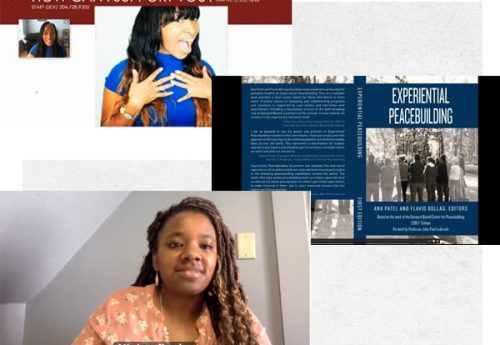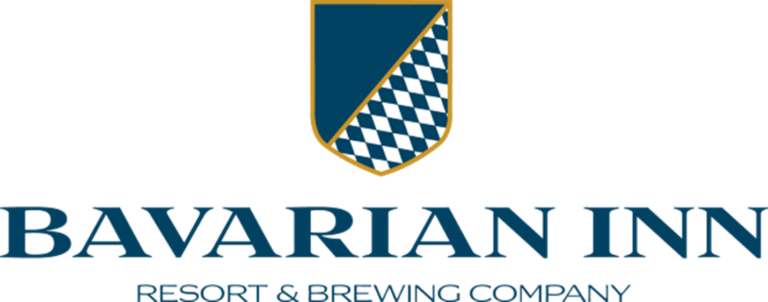For the past 32 years, the Rotary Clubs of Shepherdstown and Martinsburg, West Virginia, (USA) have convened an annual World Affairs Seminar for student leaders from area high schools to engage in dialogue on a topic of national or international importance.
Continued racial tensions highlight the need to take constructive and peacebuilding approaches to addressing racial issues and their underlying causes.
Recorded Video Presentations
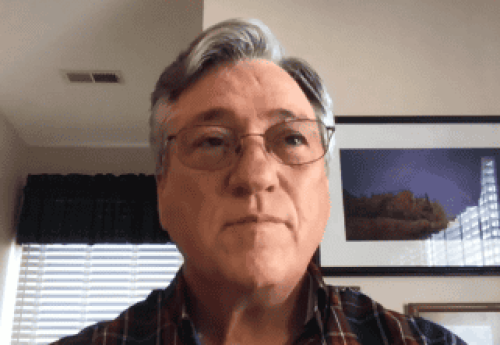
Video Welcome from Dr. Richard Aniston
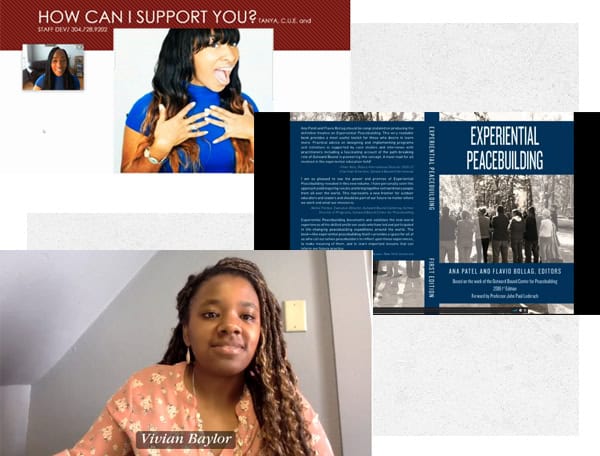
SEMINAR OBJECTIVES
- To bring together student leaders from high schools in Berkeley, Jefferson, and Morgan Counties, West Virginia, to engage in a constructive dialogue to better understand the current state of race relations and conceive ways to improve race relations in our schools and community
- To encourage follow-up options for students that promote constructive engagement in improving race relations, using participating high schools and community groups as platforms for that engagement
- To expand this seminar framework, its objectives and materials, to other high schools beyond our region, utilizing the Rotary network
APPROACH
- Interactive and stimulated by panelists, with balanced, complementary and diverse perspectives
- Focused on listening, learning, and sharing by using relevant experiential learning practices
- Because of COVID-19, conducted virtually and in 4 phases
- Follow-up engagement, on a voluntary basis, encouraged and supported by participating school advisors and community resource people
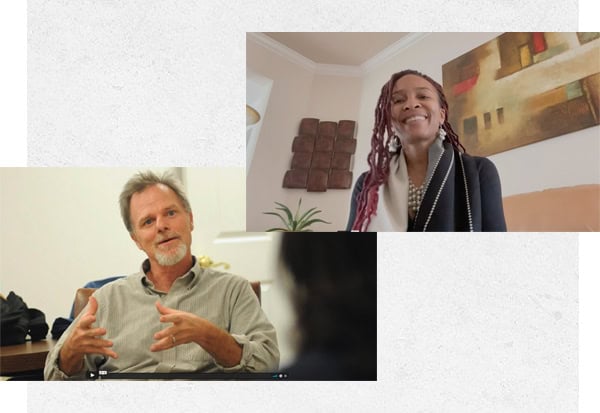
Seminar Agenda and Follow-Up
Phase 1
Video Presentations of 5 Panelists and Construction of Our Seminar Website (completion by the end of January 2021)
In lieu of our annual in-person event due to COVID-19 restrictions, we have developed this evolving World Affairs Seminar website. It includes 5 video presentations from our panel members with relevant biographical information, presentation summaries, and useful information for students and teachers.
Phase 2
Viewing of Video Presentations and Discussion in Each School (by the end of February 2021)
Faculty advisors will engage participating students in viewing and discussing selected presentations (hopefully all 5 video, summaries, and references) and conduct at least 1 class (Zoom-based or in-person) to discuss the 2 guide questions:
What are some notable points the panel members made that added depth to the discussion?
What are some possible initiatives students could engage in to improve race relations in your school and community?
Phase 3
Collective Dialogue by Participating High Schools (by mid-March 2021)
Rotary and school faculty advisors will convene and record a video-based meeting (1.5 hours) with all participating schools. Selected students (1 student per school) will be asked to share the main points (5 minutes each) arising from their Phase 2 Zoom session with the aim of stimulating dialogue among the other participating schools and students, in the spirit of mutual learning. Organizers will consolidate responses to the 2 guide questions and summarize them on the this website and encourage each school to proceed to Phase 4.
View Video Recordings of Phase 3: Collective Sharing Session
Phase 4
Follow-Up Engagement (from mid-March to mid-June 2021)
Follow-up initiates and activities will be carried out by students from each school, mentored by the faculty advisors, Rotary volunteers, and supported by Tanya Dallas Lewis and Veronique Walker—diversity, equity, and inclusion coordinators for Jefferson and Berkeley Counties respectively; and also supported by Luke Christie and Angie Hott, Interact Club advisors from Morgan County.

